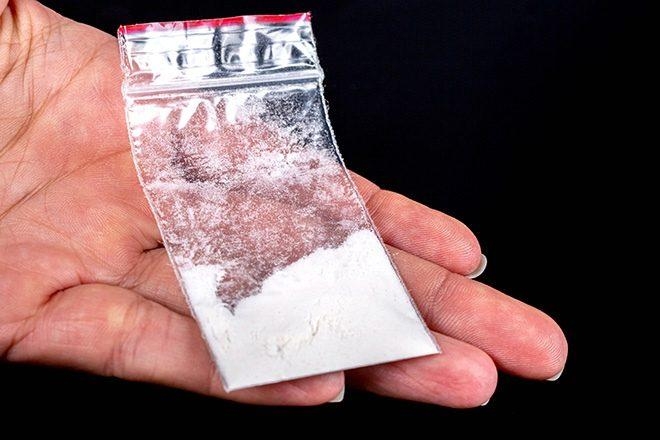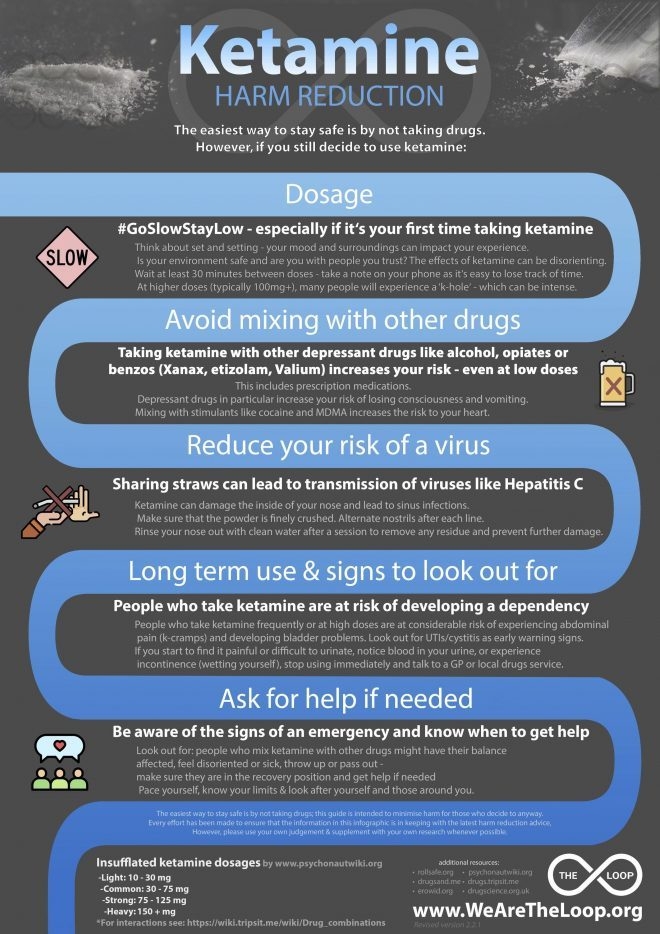Home Office considers reclassifying Ketamine as a Class A drug
The UK government is seeking "expert advice" as illegal use of the party drug, which is currently a Class B substance, has soared to record levels

The Home Office is reportedly considering reclassifying ketamine as a Class A drug.
Ketamine is currently classified as a Class B substance under the Misuse of Drugs Act 1971, alongside cannabis, amphetamines and codeine.
According to BBC News, the Home Office plans to seek "expert advice" on reclassification as illegal use of the dissociative anaesthetic has reached record levels, with an estimated 299,000 people in England and Wales aged 16 to 59 reporting ketamine use in the year ending March 2023.
Read this next: Are we close to the legalisation of therapeutic psychedelics?
Policing Minister Dame Diana Johnson has written to the Advisory Council on the Misuse of Drugs to ask whether ketamine's classification should be upgraded, and will "carefully consider" its findings.
Johnson said that ketamine is "extremely dangerous" and that the rise in illegal use of the substance is "deeply concerning," according to BBC News.
Changing ketamine's classification to a Class A would mean it would be categorised alongside heroin, cocaine and ecstasy — with penalties for possession including up to seven years, and the potential for a life sentence for supply and production.
Read this next: New study reveals effectiveness of ketamine against depression
The announcement comes after Home Secretary Yvette Cooper received a letter from Greater Manchester South senior coroner, Alison Mutch, warning of the prolonged impact of the use of the drug.
According to Ms Mutch's prevention of future death's report, 38-year-old James Boland had died from sepsis caused by a kidney infection that was "a complication of long-term use of ketamine,' Mutch claims Boland began taking the drug because he believed that it was "less harmful" than Class A substances.
She wrote: "Maintaining its classification as a Class B drug was likely to encourage others to start to use it or continue to use it under the false impression it is 'safer'."
Read this next: Ex-jockey launches Scotland’s first-ever clinic to offer ketamine treatment for depression
Ketamine isn't available on prescription, but it's used by the NHS as an anaesthetic and pain reliever. According to the National Institute for Mental Health, ketamine has also been shown to be a "game-changer" for treating people severe depression and is described by the NHS as having "a rapid antidepressant effect" that's been "demonstrated in many clinical trials".
The harm-reduction and drugs testing service The Loop advises that people who choose to take ketamine should avoid mixing it with other drugs, particularly depressants like alcohol, opiates and benzodiazepines, which can significantly increase your risk of losing consciousness or vomiting.
In terms of dosage, they say that it's best to "go slow and stay low", especially if you're taking ketamine for the first time.
You can see a graphic from The Loop on Ketamine use, below:
Henrietta Taylor is Mixmag's Digital Intern, follow her on Twitter



